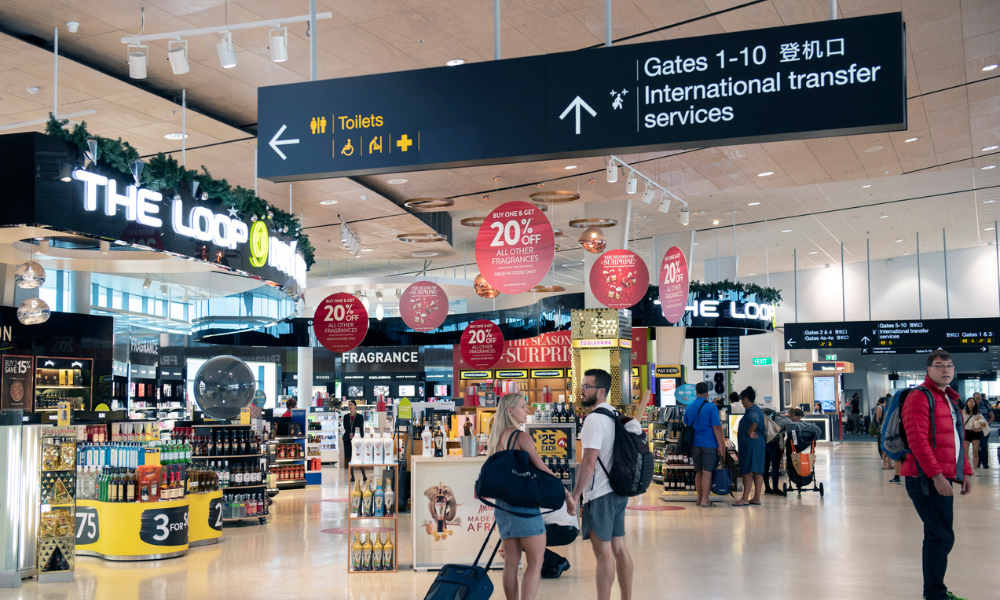
Health minister says recent spike presents 'minimal public health risk'

New Zealand will not be requiring arrivals from China to undergo a COVID-19 test, according to Health Minister Ayesha Verrall, despite an outbreak sweeping the east Asian country.
The statement follows a public health risk assessment carried out by New Zealand officials, which looked at scenarios of potential case numbers among travellers from China, said the health minister.
"This confirmed these visitors won't contribute significantly to our COVID case numbers meaning entry restrictions aren't required or justified," Verrall said in a statement.
China is currently facing a surge of COVID-19 infections, with reports in late December claiming that emergency wards there are getting overwhelmed by the number of cases.
Nations like Australia, Canada, Japan, and France are already requiring travellers from China to present a negative COVID-19 test result, citing concerns over the spike in cases, according to a Reuters report.
But New Zealand said that the recent spike in China has "minimal public health risk" to the country.
"We know that BF7 is the prevalent variant in China and that it hasn't caused significant outbreaks in other countries that, like New Zealand, have already been exposed to the BA5 variant. So public health measures are not required to protect New Zealanders," said Verrall in a statement.
New Zealand, however, will temporarily email a sample of people who recently arrived from China and ask them to take a rapid antigen test.
"It's entirely voluntary and we have had high uptake from international visitors when we used this method before," she said.
Scientists would trial wastewater testing from international flights and to determine if it could replace the targeted and temporary voluntary testing for travellers from China, added the health minister.
Ministry of Health data released before Christmas showed school teachers and child carers had the highest COVID-19 rates among all occupational groups in New Zealand, according to WSWS.org.
According to the report, teachers had the highest rates of infection at 41%, followed by 38% of child carers, while hospitality workers were third at 36%. Occupations in the health sector ran between 30 and 33%, mainly because masks and other personal protective equipment were widely used within the sector.
For other international travellers, Verrall also encouraged them to take a COVID-19 test if they start exhibiting symptoms upon their arrival in New Zealand.
"It is important to note that new COVID variants can arise from across the world, not just China, which is why we're reminding arrivals from all countries to take the free RATs at the airport and test if they develop symptoms once in New Zealand," Verrall said.
Remaining up to date with vaccinations, including booster shots, will also be the "best protection" against hospitalisation and severe COVID, added the official.
"New Zealand continues to welcome visitors and tourists, and we ask that everyone follows the current public health measures which include staying home if you are unwell and isolating if you test positive for COVID-19," she said.
New Zealand reported a seven-day rolling average of over 3,000 COVID-19 cases as of December 28, data from the Ministry of Health revealed.
The country gradually began reopening its borders to international travellers in 2022, two years after it restricted entry in March 2020 due to the pandemic. The move was lauded by businesses, who are eager to welcome back international talent.